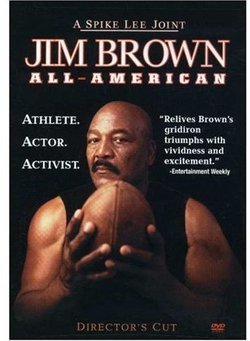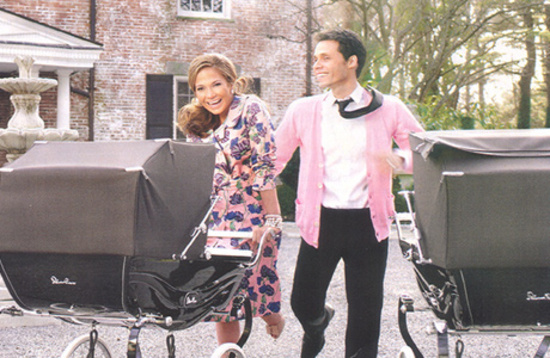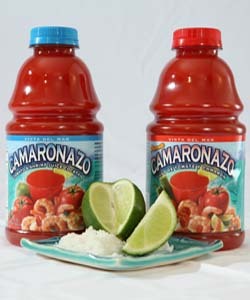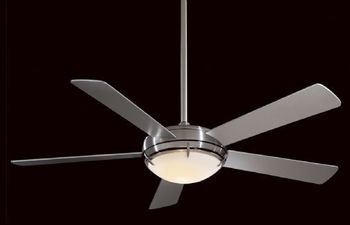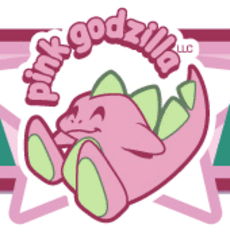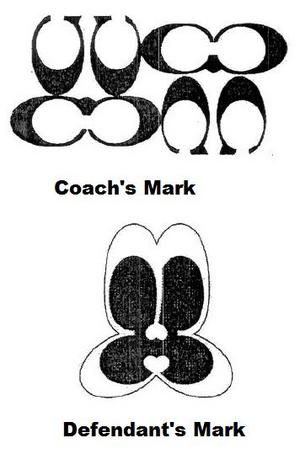UPDATE 1/10/2010: Court rules that Upper Deck counterfeited Yu Gi Oh! cards. Details here.
Los Angeles, CA – In October of 2008, Konami sued Vintage Sports Cards, Inc. in the Central District of California for sales of allegedly counterfeit Yu-Gi-Oh! trading cards (details blogged here). The Court entered a permanent injunction against Vintage and, after taking expedited discovery, Konami discovered that Upper Deck – Konami’s exclusive distributor – was the alleged source of the infringing cards distributed by Vintage.
Upper Deck allegedly was the source of “at least 531,240 counterfeit Rare Cards” provided to Vintage. And in October of 2008, Konami’s attorneys discussed Upper Deck’s role in the distribution of allegedly infringing cards with Upper Deck’s lawyers. During counsels’ communications, Upper Deck’s lawyers allegedly threatened Konami with “mutual assured destruction” through litigation.
 Los Angeles Intellectual Property Trademark Attorney Blog
Los Angeles Intellectual Property Trademark Attorney Blog


